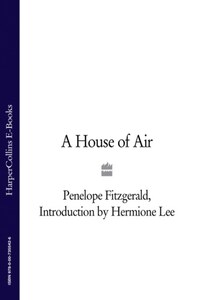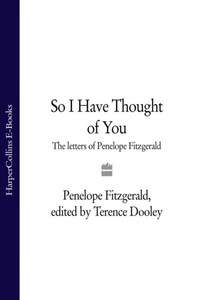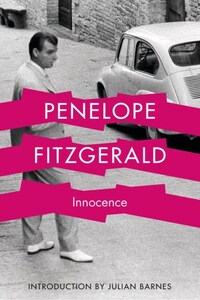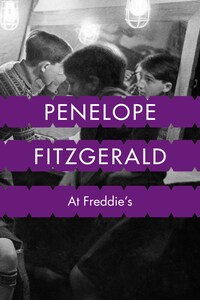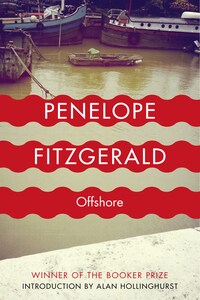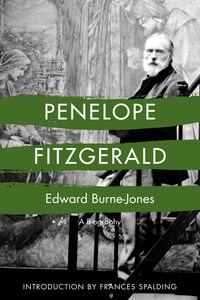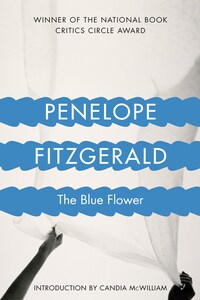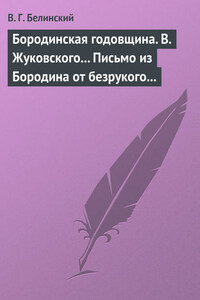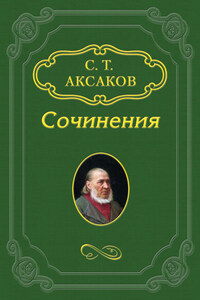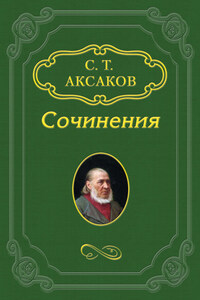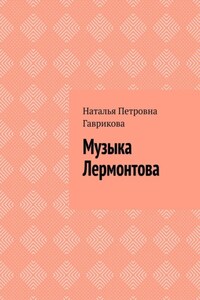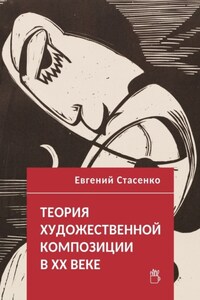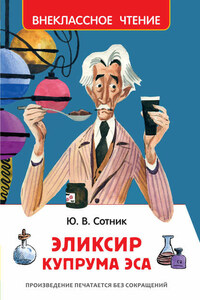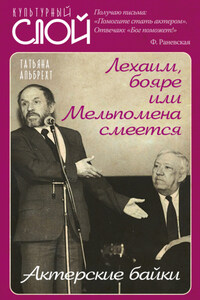Because Penelope Fitzgerald’s genius as a writer of fiction lay so much in reticence, quietness, and self-obliteration, her admirers will come to her posthumously collected nonfiction with intense curiosity, searching for her likes and dislikes, her preferences and opinions and feelings, in these wonderfully sympathetic, curious, and knowledgeable pieces on writing, art, craft, places, history, and biography. And, in a generous selection of twenty years’ worth of essays and reviews, we do find (especially in the last section, on ‘Life and Letters’) Fitzgerald’s point of view very plainly set out. She believed, as a novelist, that (as she said to me in an interview in 1997) ‘you should make it clear where you stand.’ Here, speaking of E. M. Delafield, she asks: ‘What is the use of an impartial novelist?’ She is forthright and candid here about her moral position in her novels: ‘I have remained true to my deepest convictions—I mean to the courage of those who are born to be defeated, the weaknesses of the strong, and the tragedy of misunderstandings and missed opportunities which I have done my best to treat as comedy, for otherwise how can we manage to bear it?’ ‘Everyone has a point to which the mind reverts naturally when it is left on its own. I recalled closed situations that created their own story out of the twofold need to take refuge and to escape, and which provided their own limitations. These limitations were also mine.’ Such utterances throw a revealing light on the novels. But they are also rather cryptic: she expects us to understand what she means by the ‘point’ the mind ‘reverts to naturally’; she doesn’t tell us what she thinks her limitations are. She has a way of saying strange, challenging, unsettling things in a matter-of-fact way, as if these were self-evident truths. Her manner is plai n and mild; her prose never shows off. She is practical and vivid and clear and exact about her subject, and leads you right to the heart of the matter: the feeling of a novel, the nature of a life, the understanding of how something or someone works, the sense of a place or a time. All the same, when you get there, you may still feel much left unsaid or unexplained.
There is often that sense of something withheld in her novels, as in the mysterious forest encounter in The Beginning of Spring, or the meaning of the story of the ‘blue flower,’ never completed, never spelled out. As Fritz tells Sophie in that novel: ‘If a story begins with finding, it must end with searching.’ At the end of the story ‘Desideratus’ (in her posthumously published collection The Means of Escape) the boy who has lost his keepsake and been on a strange journey to recover it, is told: ‘You have what you came for.’ But his quest journey remains baffling and mysterious. And she doesn’t care much for explanations. In that 1997 interview she told me (as she often told interviewers) that her books were so short because she didn’t like to tell her readers too much: she felt it insulted them to over-explain. She says here in an essay on Charlotte Mew (which preceded her moving and eloquent biography of the poet) that she is a writer who ‘refuses quite to be explained.’ She is amused by Byron’s impatience with Coleridge’s metaphysics: ‘I wish he would explain his explanation.’ She likes readers to have their wits about them, and she likes exercising her own, as with her pleasure in Beckett’s dialogue:
What a joy it is to laugh from time to time, [Father Ambrose] said. Is it not? I said. It is peculiar to man, he said. So I have noticed, I said…Animals never laugh, he said. It takes us to find that funny, I said. What? he said. It takes us to find that funny, I said loudly. He mused. Christ never laughed either, he said, as far as we know. He looked at me. Can you wonder? I said.
